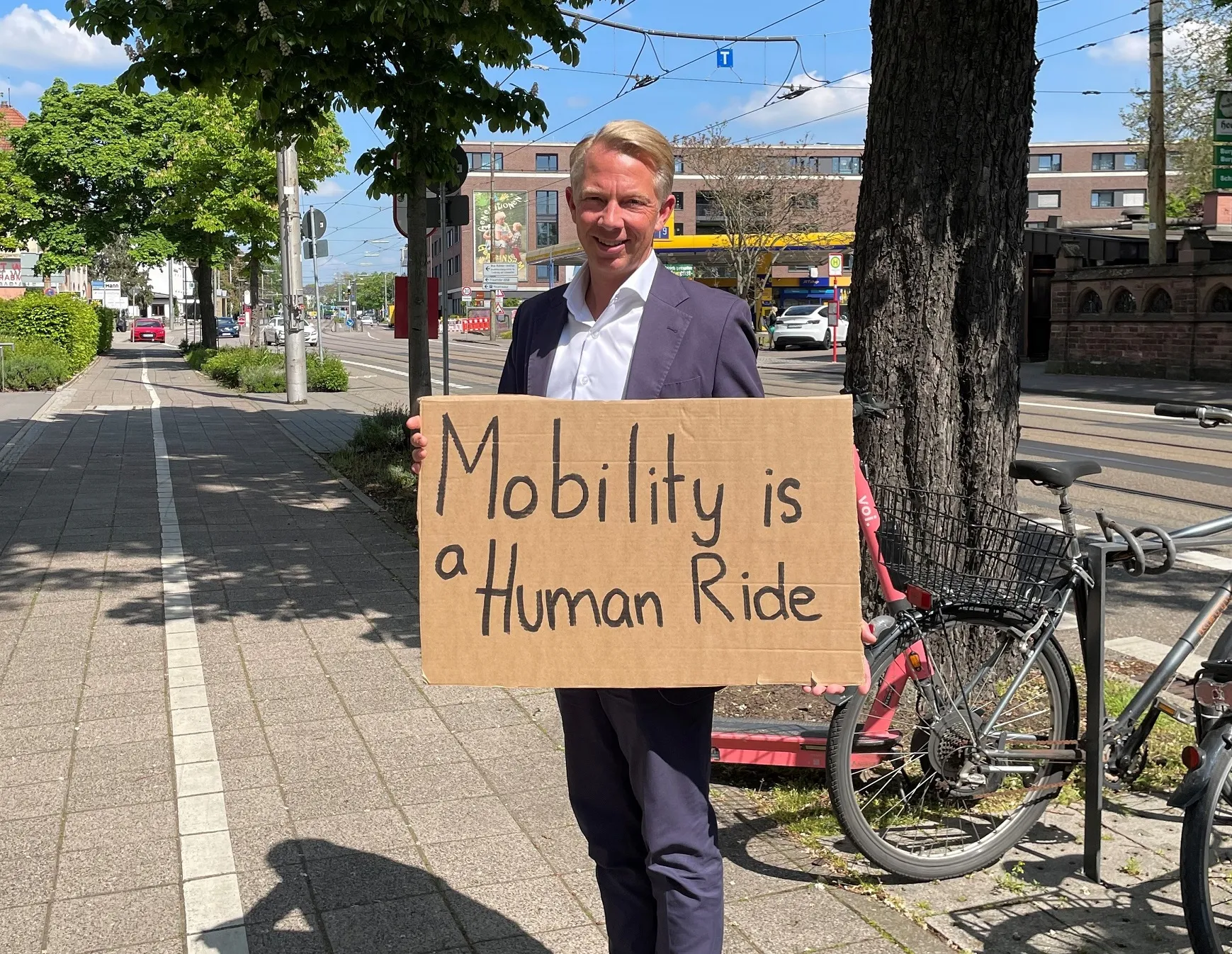The One North report, produced by the city regions of Leeds, Liverpool, Manchester, Newcastle and Sheffield in the UK, puts forward a strategic proposition for transport in the north of the country.
The US$16.8-US$25.2 billion plan urges major changes in connectivity and capacity between the northern cities over the next 15 years and proposes optimisation of strategic highway capacity, a new high speed trans-Pennine rail route and improved city region rail networks interconnected with HS2 services, new intercity services, metro/tram services and with much expanded park and ride facilities.
The report follows on from the speech by the Chancellor of the Exchequer, George Osborne, in June, where he observed that “the cities of the North together can be greater than the sum of their parts”. He identified the need for a new strategic approach to connecting cities to drive growth and outlined the idea of a new east-west high-speed rail link for the north.
Speaking about the proposals in the report, Leeds City Council leader Keith Wakefield told the Evening Post: "Getting the right investment in our transport systems would deliver unprecedented change to better connect people and jobs, which is crucial if we also want to rebalance the national economy.
Speaking at the launch of the report, Chancellor George Osborne pledged to make his commitment to the North the centrepiece of his Autumn Statement, promising "new money, new infrastructure, new transport and new science. And real new civic power too".
He added: "This will be a centrepiece of my Autumn Statement - and part of our long term economic plan for the country."
The Chancellor first floated the idea of a "Northern powerhouse" in June, saying the regions would thrive on better connections between cities, science investment and devolved powers.
"This report demonstrates once again that only through tackling our out-dated transport system will the north be able to fulfill its true economic potential, benefiting our own local communities and the country as a whole."
Responding to the report, Arif Ahmad, PwC's senior partner in Leeds said: “If the north is to stand a chance of taking on the world, as the chancellor has suggested, then its cities need to be linked more closely. It currently takes three and a quarter hours by train to travel about 130 miles between our two freight ports, Liverpool and Hull, which is clearly not good enough. The north has long been calling for better connectivity between cities outside London. Collaboration across the cities is already very strong, and the focus on East to West connectivity is long overdue.
“The One North report shows that tackling the region's transport system will enable the region to fulfil its economic potential. But it is essential the north develops its own economic model, rather than just copying London. The UK regions all have an important role to play in driving growth for the whole of the UK, and getting the right investment in our transport systems would better connect people and jobs, which is crucial if we want to rebalance the national economy.”
Warwick Business School’s Dr Michael Synott researches transport in economic and business development. He said: “The key problem in this case is that the Chancellor is conflating regeneration through greatly enhanced connectivity with high speed rail.
“The government is struggling to square small government ideology with big economic reality. The solution is seen as enhanced connectivity, which will create the space for entrepreneurialism, but these things cannot be achieved by decree or gesture.
“Each of the northern cities involved has more than 200 years of proud economic and social history. They are unlikely to set this aside because of the technical imperative of a railway alone. There is no escaping the leadership role and trust building which must be brokered by the government.
“Although not a new idea, the northern city plan has been given salience and political attention by next year’s election. HS2 had the same birth yet the required leadership, institutional arrangements and rationale have struggled to keep up, I fear the same could happen to this proposal.”
Report urges US$25 billion transport improvement plan
The One North report, produced by the city regions of Leeds, Liverpool, Manchester, Newcastle and Sheffield in the UK, puts forward a strategic proposition for transport in the north of the country. The US$16.8-US$25.2 billion plan urges major changes in connectivity and capacity between the northern cities over the next 15 years and proposes optimisation of strategic highway capacity, a new high speed trans-Pennine rail route and improved city region rail networks interconnected with HS2 services, new inte
August 6, 2014
Read time: 4 mins









